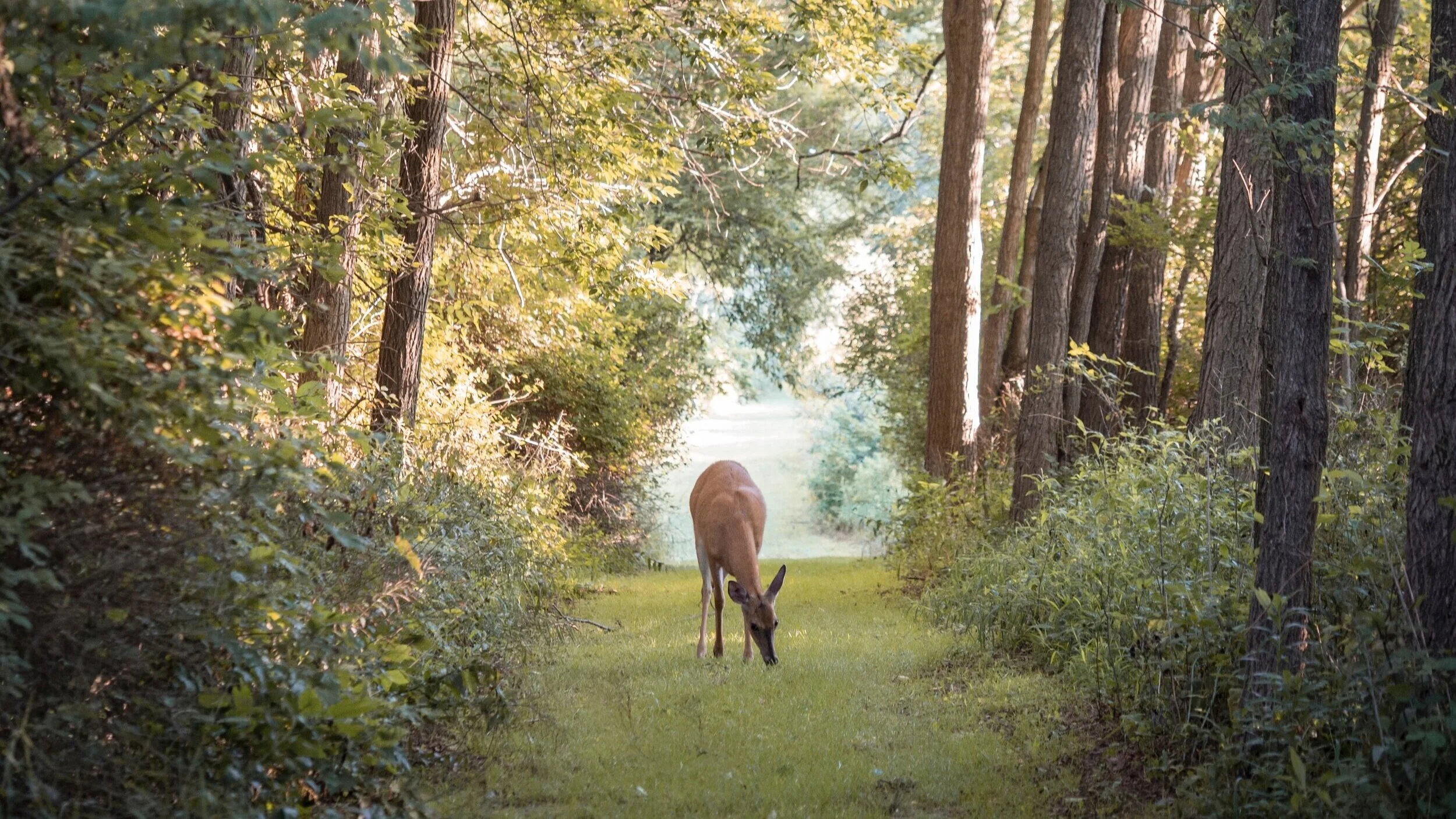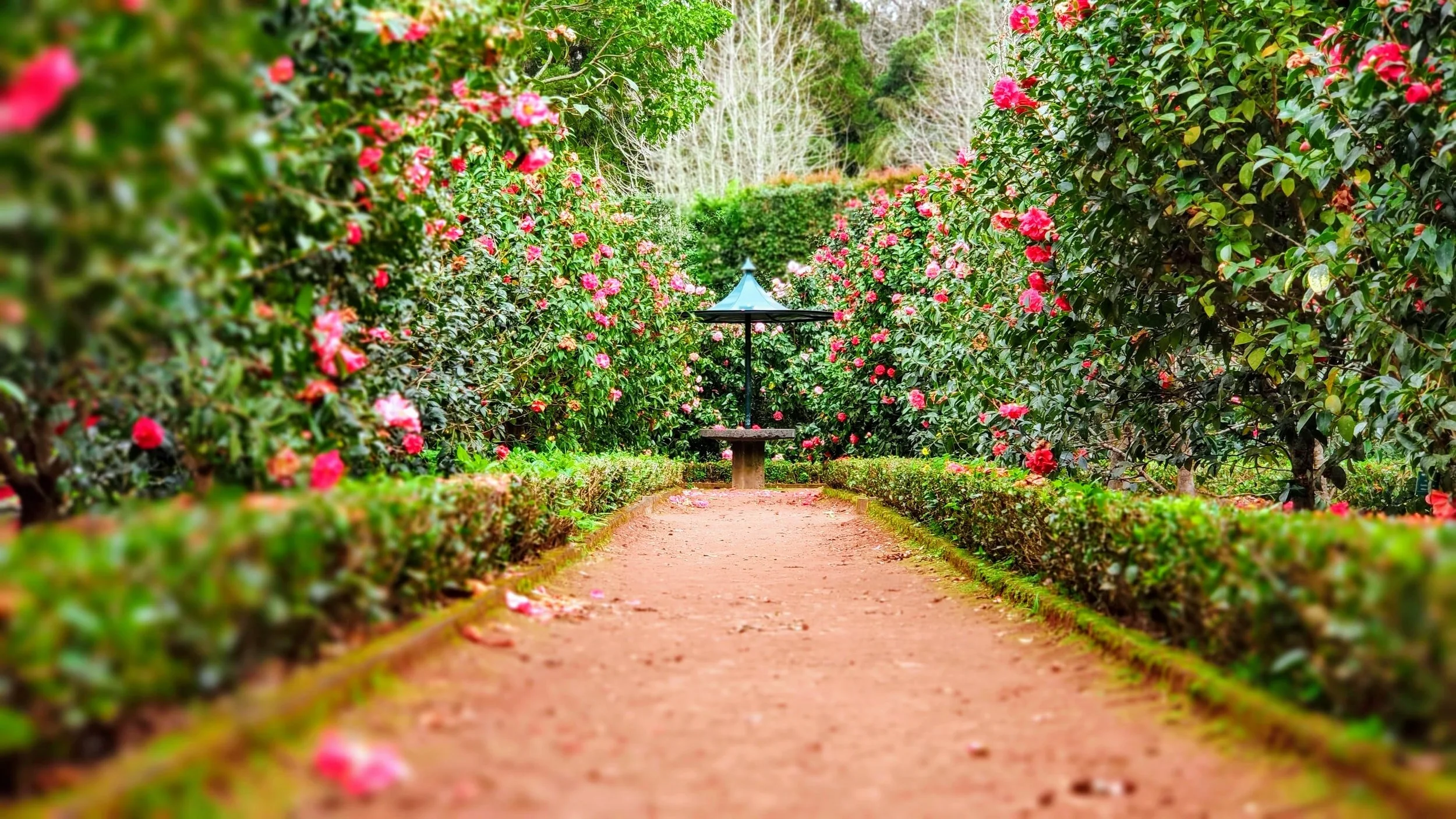By 2030 Reading will be a borough rich in wildlife, accessible to and valued by its residents, better connected to the wider landscape including through its urban areas. The conservation and enhancement of biodiversity will be integral to the actions of the Council and others and the decline in biodiversity will have been reversed.
Important wildlife sites and habitats will be protected, maintained, restored and enhanced and new wildlife habitats will be created - both for nature itself and for the benefits it provides to the people of Reading - capable of withstanding the climate emergency, and helping to mitigate the effects of a changing climate.
This document aims to provide a narrative as to the possibilities of the site, building from the foundations of retaining green accessible space with a new arboretum for Reading and Berkshire.
A new arboretum is not created every day. Due to the amount of time it takes for planting and growing, the establishment of an arboretum is an investment in the area’s future as well as its present. Swinley Forest was planted after the first world war and Harcourt Arboretum was established in the 17th century. We would not be working from a blank slate – the area is already beautiful with many hundreds of mature trees.
The Benefits of Open Space
During the preparation of this document, a report was released by Groundwork that linked to the meaning of what we see the site being able to deliver.
Groundwork is an organisation established in 1981 as a radical experiment to bring together communities, businesses and government in a joint effort to improve the quality of life and promote sustainable development. Their passion is to create a future where every neighbourhood is vibrant and green, every community is strong and able to shape its own destiny and no-one is held back by their background or circumstances. They recognise as we do that natural spaces in our towns and cities have lots of benefits: for our mental and physical health, for communities and for the local economy.
The Out of Bounds – equity in access to urban nature 2021 report by Groundwork following in-depth discussions with representatives of 23 organisations in the nature and social justice sectors shows that:
People from all walks of life value access to nature but not everyone is able to benefit to the same extent.
The Covid-19 pandemic has made these inequalities more pronounced
People from low income households or areas and disabled people are among the groups currently missing out.
Inadequate provision of parks and green spaces is one of the reasons, but people also experience complex barriers when it comes to accessibility, relevance and feeling safe.
Equitable access to public space is a right, so everyone managing natural spaces should be working to address this inequity.
Based on this evidence, the contributors have three calls for action:
The need to reimagine urban nature to ensure that it meets the needs and desires of communities today.
The need to rebalance power in the management of green and blue spaces and build better partnerships.
The need to integrate urban nature solutions fully into efforts to tackle health inequalities, climate change and biodiversity loss.
The evidence from the Groundwork report is an accurate representation of the need for nature based future proofing that the proposals offer as well as of the challenges faced by those living in the Caversham and Emmer Green area.
Why Emmer Green?
There are more children in the 0-4 age group than in other areas of Reading and these children could grow up with a life-changing community space on their doorstep. This is a community that needs the value that the arboretum and accompanying proposals would bring to it now and into the future.
Currently, if residents of Emmer Green, Caversham and Reading do travel, they might visit places such as Swinley Forest, Cliveden, Harcourt Arboretum, Westonbirt Arboretum and Kew Gardens in London; the nearest of which is at least 15 miles away and a 30 minute drive. Often such locations are remote and inaccessible, especially for those without access to a private car, whereas Grove Arboretum is within walking distance for visitors from Reading, Caversham and Emmer Green, as well as being relatively accessible for visitors arriving from further afield.
Due to recent Government legislation the Council cannot easily prevent conversion of office space and retail to residential, which has the potential to create an influx of residents to the area without access to proper green spaces. While the Council has little say in these conversions, they do have the power to provide green spaces to the new residents. Residents have already raised some ideas in their objections to the current planning applications on the golf course, some of which have also helped to shape this document.
· Green space has been proven to help wellbeing and health generally and is directly linked to the reduction of anxiety and depression.
· Surely the experience of Corona Virus has shown the overwhelming need for areas of open space for walking and sporting activities.
· By all means convert the golf course into another green facility, sports ground or community recreational wildlife reserve. A green healthy planet campaign which we all desire means protecting spaces such as these.
· I thought the idea for climate change was to plant more trees not to take healthy trees away.
· There are no quality facilities on this side of the river-no swimming pools, running tracks or nature reserves.
· We need green space to exercise and park space to escape the stresses of life and the workplace.
· The place is very precious to us and for our coming generations.
· We need to protect the few green spaces we have left. We need it for peoples’ mental health as well as to reduce air pollution.
· This area is really nature at its best and most beautiful.
· If the golf course is being closed there would be a great opportunity to make a beautiful new public park and recreation area.
· What an opportunity it would be to keep the area green for generations to come.
· The land could be developed by a forward looking council who really care about the environment and the mental and physical health of the population
· We will not be thanked by the younger generations for increasing local pollution and failing to protect this piece of countryside










